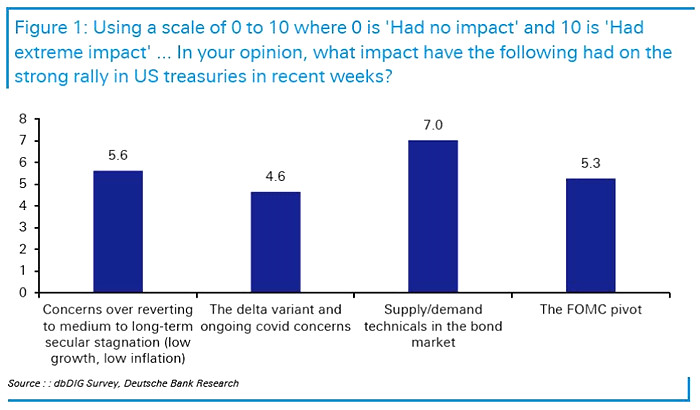A Shift in the Oil Market: WCS Discount Narrows
The discount on Western Canada Select (WCS) heavy crude oil versus the North American benchmark West Texas Intermediate (WTI) has narrowed, suggesting a potential shift in the oil market. This development comes amidst a complex backdrop of refinery outages, global economic uncertainties, and new trade dynamics.
The Impact of U.S. Refinery Outages
Canadian heavy crude prices have faced pressure in recent weeks due to several factors, including U.S. refinery outages. These outages have disrupted the flow of Canadian crude oil, impacting pricing. However, recent developments signal a potential easing of these pressures.
ExxonMobil Refinery Restart
ExxonMobil's 251,800-barrel-per-day refinery in Joliet, Illinois, is expected to restart operations sometime in mid-August. This refinery is a major consumer of Canadian crude and was taken offline after a tornado in July. The restart of this refinery is likely to increase demand for Canadian crude, potentially alleviating the pressure on prices.
New Trade Dynamics and Expanded Pipelines
The expansion of the Trans Mountain pipeline has also influenced the flow of Canadian crude, adding another layer of complexity to the market. The pipeline's expansion has increased the volume of Canadian crude transported to the West Coast, impacting the supply-demand balance. In July, around 330,000 barrels of crude oil per day were loaded at Canada's West Coast, signaling the impact of the expanded pipeline.
Global Oil Prices and Demand Concerns
Global oil prices have been influenced by a combination of factors, including weak economic data and concerns about global demand. The recent decline in oil prices has added pressure on Canadian heavy crude prices. However, the narrowing of the WCS discount suggests a potential shift in the market dynamic.
A New Trade Cycle Begins
The narrowing of the WCS discount signals a potential shift in the oil market, marked by a new trade cycle. The reopening of refineries and expanded pipeline capacity have contributed to a more favorable environment for Canadian heavy crude. As demand for oil continues to evolve, the dynamics of the market will likely continue to shift, shaping the future of the WCS discount.
This development has significant implications for the energy sector, impacting both producers and consumers of Canadian heavy crude. The narrowing of the discount is a positive sign for Canadian producers, offering potential for improved pricing and profitability. However, it remains crucial to monitor the evolving market dynamics and economic conditions to understand the full implications of this shift.


















